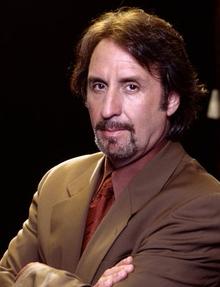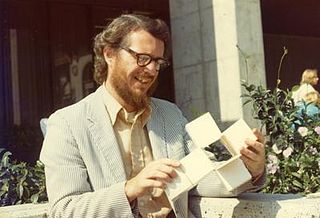A Quote by Arthur Compton
Life in the twentieth century undeniably has ... such richness, joy and adventure as were unknown to our ancestors except in their dreams.
Related Quotes
Reality has no security and that is its beauty. Life has no security and that is its beauty. Because there is no security, there is adventure. Because the future is unknown, nobody knows what is going to happen the next moment. That's why there is challenge, growth, adventure. If you miss adventure, you miss all. If your life is not that of an adventure, of a search into the unknown, then you are living in vain.
The great crimes of the twentieth century were committed not by money-grubbing capitalists but by dedicated idealists. Lenin, Stalin, and Hitler were contemptuous of money. The passage from the nineteenth to the twentieth century has been a passage from considerations of money to considerations of power.
Modernism really started with people getting infatuated with the idea of "it's the twentieth century, is this suitable for the twentieth century." This happened before the First World War and it wasn't just the soldiers. You can see it happening if you read the Bloomsbury biographies. It was a reaction to a great extent against Victorianism. There was so much that was repressive and stuffy. Victorian buildings were associated with it, and they were regarded as very ugly. Even when they weren't ugly, people made them ugly. They were painted hideously.
It has been said that the three great develpments in twentieth century science are relativity, quantum mechanics, and chaos. That strikes me the same as saying that the three great developments in twentith century engineering are the airplane, the computer, and the pop-top aluminum can. Chaos and fractals are not even twentieth century ideas: chaos was first observed by Poincare and fractals were familiar to Cantor a century ago, although neither man had the computer at his disposal to show the rest of the world the beauty he was seeing.
Film is more than the twentieth-century art. It's another part of the twentieth-century mind. It's the world seen from inside. We've come to a certain point in the history of film. If a thing can be filmed, the film is implied in the thing itself. This is where we are. The twentieth century is on film. You have to ask yourself if there's anything about us more important than the fact that we're constantly on film, constantly watching ourselves.
I learned early that the richness of life is found in adventure. Adventure calls on all the faculties of mind and spirit. It develops self-reliance and independence. Life then teems with excitement. But man is not ready for adventure unless he is rid of fear. For fear confines him and limits his scope. He stays tethered by strings of doubt and indecision and has only a small and narrow world to explore.



































